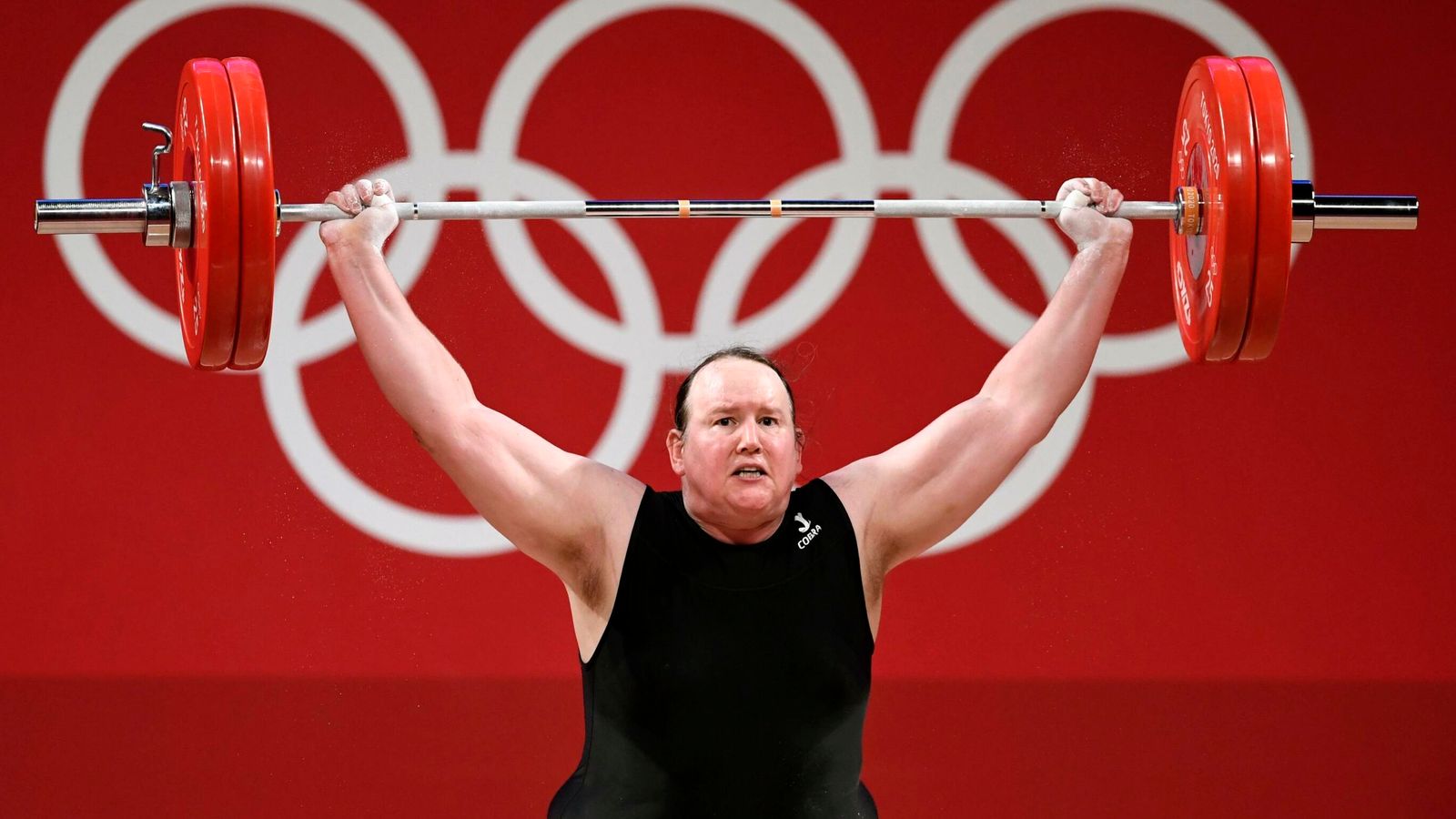A major review into the inclusion of trans athletes has concluded some sports should create different categories of competition to ensure a fair playing field.
The Sports Council’s Equality Group said that “differences in strength, stamina and physique” mean a new approach is required in some sports.
“For many sports, the inclusion of transgender people, fairness and safety cannot co-exist in a single competitive model,” the review said.
The guidance relates to grassroots, mass participation sport up to national level, but not elite competition.
The governing bodies of each sport are now expected to look at whether they prioritise inclusion or “competitive fairness” within their sport.
The move to “reset” the system was welcomed by some campaigners, who have long called for the rights of women and girls to be acknowledged, as well as the rights of trans-athletes to compete.
Dr Nicola Williams, director of Fair Play for Women, said the existing approach “is out of date and no longer fit for purpose”.
Megan Rohrer: First openly transgender bishop takes up post in US
Spain passes draft bill towards allowing over-16s to freely change gender and name
LGBT+ Pride: The fight for equality in 2021
“This comprehensive review confirms what we all know: sex matters in sport. That’s why we have always needed a separate protected category for females, and still do,” she said.
“This guidance puts an end to the idea that it is possible to allow people who were born male into the female sports category without women and girls paying the price.”
Please use Chrome browser for a more accessible video player
Follow the Daily podcast on Apple Podcasts, Google Podcasts, Spotify, Spreaker
The concept of creating different categories of competition is new in the UK and is designed to ensure everybody has the chance to compete.
The Sports Council’s proposals suggest sports consider three options:
• They can prioritise transgender inclusion
• They could create “open” and “female” categories of competition
• They could add additional versions of their competitions
However, some trans athletes fear any increased checks on whether competitors were declared female at birth could result in fewer gender-diverse people wanting to take part in sport – something the review authors said they were very keen to avoid.
The report acknowledged that different sports will require different ways of deciding how to balance the need to be inclusive with the need for a fair and safe competitions.
With ever evolving scientific research and fierce public debate around the issue, sports governing bodies at all levels have grappled with how to come up with workable solutions.
Currently, most sports follow guidelines that permit trans women to compete in female sport if an athlete’s testosterone levels are below a certain level.
Please use Chrome browser for a more accessible video player
This summer’s Olympic Games saw New Zealand weightlifter Laurel Hubbard become the first openly trans Olympian in an individual event – she failed though to make a clean lift and left the competition early.
Footballer Quinn became the first trans and non-binary Olympic champion after Canada won the gold medal in the women’s football competition.
But the International Olympic Committee acknowledged this summer that its rules on this issue need to be further updated.
Governing bodies of sports within the UK are now expected to digest the Sports Council’s recommendations and work out how to balance fairness with their ambitions to be fully inclusive.
Please use Chrome browser for a more accessible video player
A spokesman for trans charity and advocacy group Mermaids, said: “We are disappointed to read this review, which rather than focussing on bettering its existing guidance for trans people in sport, yet again ignores the lived experiences of trans people, and misinterprets the Equality Act and academic literature.
“This report will have ramifications for trans people in the sporting community, and only seeks to cause unnecessary hostility, exclusion and confusion for those wishing to participate in sport.
“It is important to remember that the SCEG report only exists as guidance: it is not mandatory. Sports groups and organisations are entitled and encouraged to write and implement their own policies on including trans and non-binary people in sport.”






















